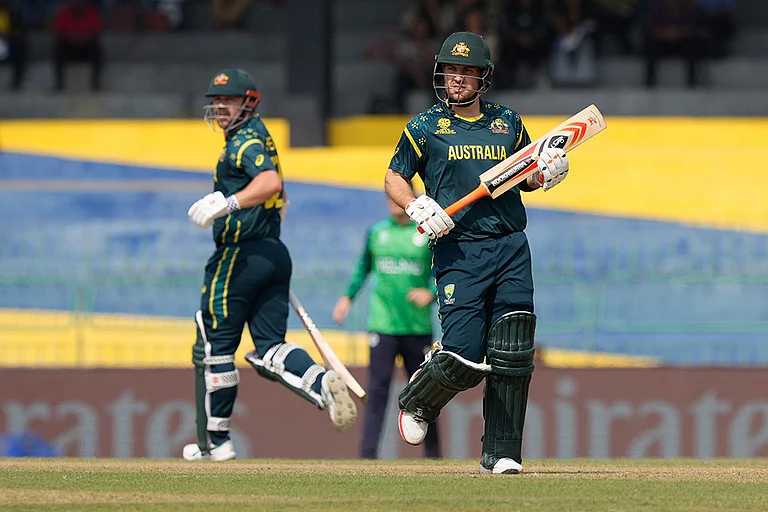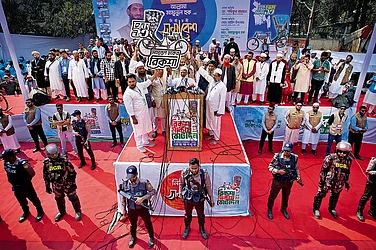Colombian authorities on Saturday announced that four indigenous children who disappeared 40 days ago after surviving a small plane crash in the Amazon jungle were found alive on Friday.
President Gustavo Petro told reporters that the children were alone when searchers found them and are now receiving medical attention.He later added that the youngsters are an “example of survival” and predicted their saga “will remain in history."
Previously, on May 18, President Petro tweeted that the children had been found. He then deleted the message, claiming he had been misinformed by a government agency.
On Friday, after confirming the children had been rescued, the president said that for a while he had believed the children were rescued by one of the nomadic tribes that still roam the remote swath of the jungle where the plane fell and have little contact with authorities.
But Petro added that the children were first found by one of the rescue dogs that soldiers took into the jungle.
No details were immediately released on how the youngsters managed to survive on their own for so many days.
All about the crash
The crash happened in the early hours of May 1, when the Cessna single-engine propeller plane with six passengers and a pilot declared an emergency due to an engine failure.
The small aircraft fell off radar a short time later and a frantic search for survivors began.
Two weeks after the crash, on May 16, a search team found the plane in a thick patch of the rainforest and recovered the bodies of the three adults on board, but the small children were nowhere to be found.
The group of four children had been travelling with their mother from the Amazonian village of Araracuara to San Jose del Guaviare, a small city on the edge of the Amazon rainforest.
They are members of the Huitoto people, and officials said the oldest children in the group had some knowledge of how to survive in the rainforest.
Army deployed in search of the children
Sensing that they could be alive, Colombia's army stepped up the hunt for the children and flew 150 soldiers with dogs into the area to track the group of four siblings, ages 13, 9, 4 and 11 months. Dozens of volunteers from Indigenous tribes also helped search.
On Friday, the military tweeted pictures showing a group of soldiers and volunteers posing with the children, who were wrapped in thermal blankets. One of the soldiers held a bottle to the smallest child's lips.
The air force later shared a video on Twitter showing soldiers using a line to load the children onto a helicopter that then flew off in the dark.
The tweet said the aircraft was headed to the town of San Jose del Guaviare, but gave no further details.
“The union of our efforts made this possible” Colombia's military command wrote on its Twitter account.
During the search, in an area where visibility is greatly limited by mist and thick folliage, soldiers on helicopters dropped boxes of food into the jungle, hoping that it would help sustain the children.
Planes flying over the jungle fired flares to help search crews on the ground at night, and rescuers used megaphones that blasted a message recorded by the siblings' grandmother, telling them to stay in one place.
Officials did not say how far the children were from the crash site when they were found. But the teams had been searching within a 4.5-kilometre (nearly 3-mile) radius from the site where the small plane nosedived into the forest floor.
As the search progressed, soldiers found small clues in the jungle that led them to believe the children were still living, including a pair of footprints, a baby bottle, diapers and pieces of fruit that looked like it had been bitten by humans.
“The jungle saved them” Petro said. “They are children of the jungle, and now they are also children of Colombia.”
(With AP Inputs)


























